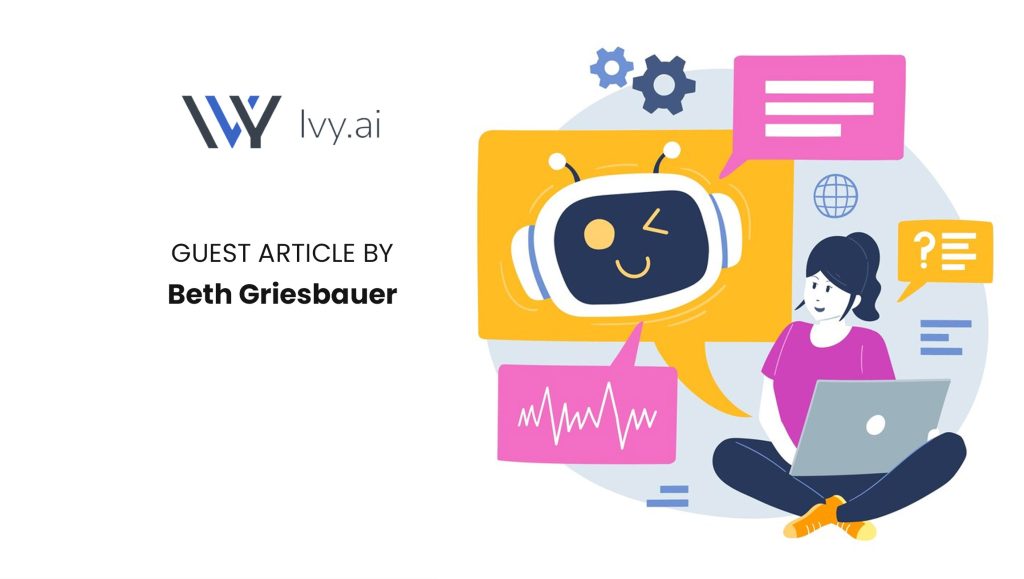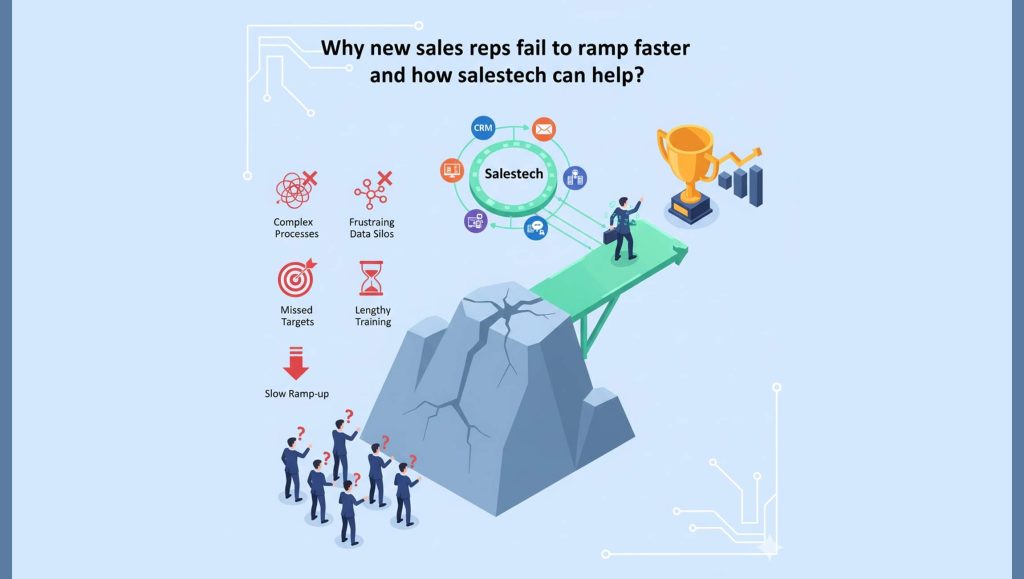Artificial Intelligence is Saving GTM Teams – Will It Also Replace Them?
Less than a year ago, I dismissed artificial intelligence with a roll of my eyes, considering its impact on marketing and sales teams negligible. However, my perspective has undergone a significant transformation as AI emerges as a force set to reshape nearly every industry and profession. Yet, like the advent of the internet or social media, the implementation of AI will not follow a one-size-fits-all approach.
Sales, renowned for its personalized and human-centric approach, has traditionally trailed behind other areas of an organization in embracing digital technologies such as finance, logistics, and marketing. Nonetheless, a notable shift is underway, positioning sales as a frontrunner in adopting generative AI. According to Gartner’s forecast, by 2025, four out of five B2B sales interactions will harness digital technology to enhance productivity and elevate customer experiences. Indeed, AI-driven systems are on the cusp of evolving into indispensable digital assistants for every salesperson and manager.
Despite the growing sophistication of AI tools, especially in areas like marketing and communication, human skills remain paramount in sales. Success in sales still hinges on the ability to forge genuine personal connections and cultivate trust between sales professionals and customers.
Read More: SalesTechStar Interview with Eran Holland, Chief Product Officer at HungerRush
AI Will Supplement, Not Replace
I often draw parallels between AI and the Adobe suite, recognizing that just as different teams require distinct Adobe software based on their needs, the integration of AI in sales should be tailored to each team’s specific objectives. Implementing AI for tasks where it adds value is prudent; however, attempting a wholesale adoption of all AI capabilities simultaneously risks inefficient resource allocation and resource squandering.
Acknowledging that AI is applicable only to certain functions within the expansive digital landscape of the “sales journey,” it’s important to understand that it cannot replace every facet of human interaction. Sales professionals who believe AI can answer every question about their product are overlooking the holistic nature of sales.
While AI may possess in-depth product knowledge, seasoned sales professionals recognize that sales encompasses more than just the product itself. AI’s role lies in augmenting salespeople by relieving them of certain tasks and refining their roles, particularly in complex scenarios. Simultaneously, companies specializing in AI technologies will expand their sales teams to capitalize on the vast and intricate opportunities on the horizon.
The Invincible (Human) Element
While AI demonstrates prowess in managing email campaigns and automating phone calls, it falls short in facilitating profound face-to-face interactions. It cannot physically visit your home, offer a reassuring handshake, or convey sincerity through a genuine gaze. It remains absent from business meetings and social gatherings, such as golf outings or happy hours. Despite technological advancements enhancing the sales journey, the human touch remains indispensable.
Humans are inherently social creatures, wired for connection. Genuine concern, nuanced body language, or a well-timed joke can profoundly influence every stage of the customer journey, fostering loyalty and paving the way for enduring relationships. These interpersonal skills offer more than just a transaction; they lay the groundwork for lasting partnerships.
Have you ever encountered someone with an eccentric personality, only to discover they excel as a salesperson? It’s a testament to the power of human interaction. While AI operates on existing data, successful salespeople can inspire customers, guiding them to envision unrealized futures.
In many ways, this skill amplifies the inherent superpower of salespeople. Few roles are immune to a complete AI takeover, but sales remains uniquely resilient. After all, there will always be a need for someone to advocate for AI in the first place.
The Collaboration of Sales & AI
Realizing AI’s full potential requires addressing various obstacles. Generative AI must seamlessly integrate into sales processes without disruption, empowering teams to effortlessly incorporate its capabilities into their workflow.
The debate in the evolving sales landscape isn’t about AI surpassing humans but rather a collaborative approach. AI excels in data analysis and routine interactions, freeing human employees to focus on their strengths: building relationships that foster loyalty and drive success.
The emergence of AI in sales marks a revolutionary shift, not a threat to human representatives. It offers an opportunity to enhance sales, complementing human traits like empathy and rapport-building. The result is a more streamlined, personalized, and inherently human sales experience.
Read More: Revolutionizing Revenue: Challenging 5 Common AI Myths




















